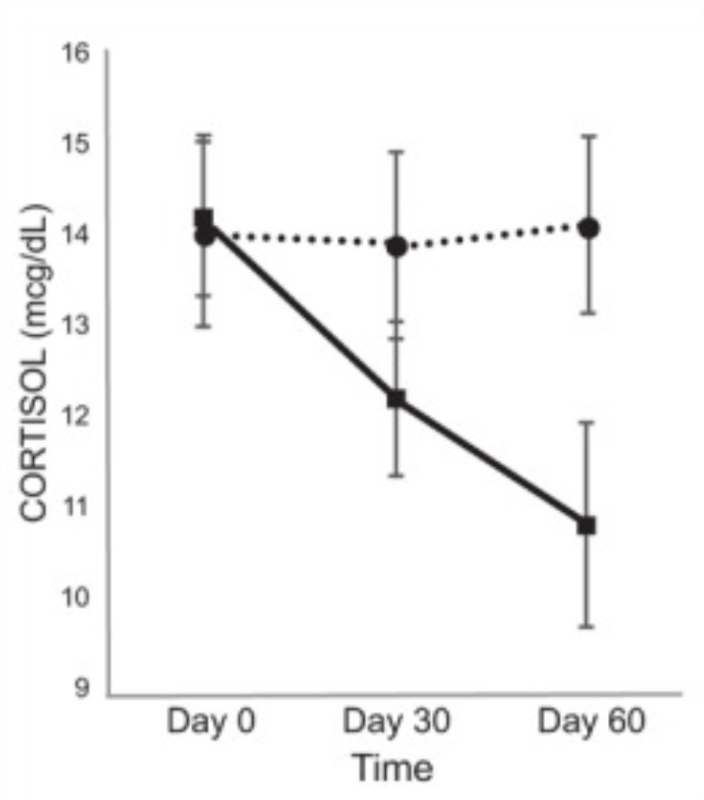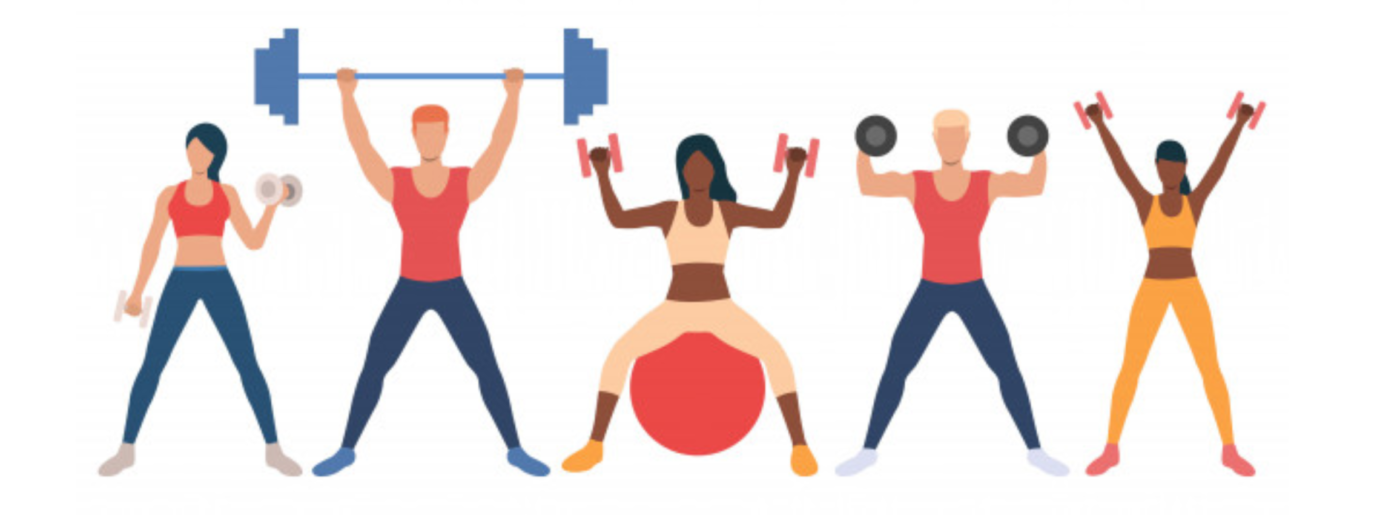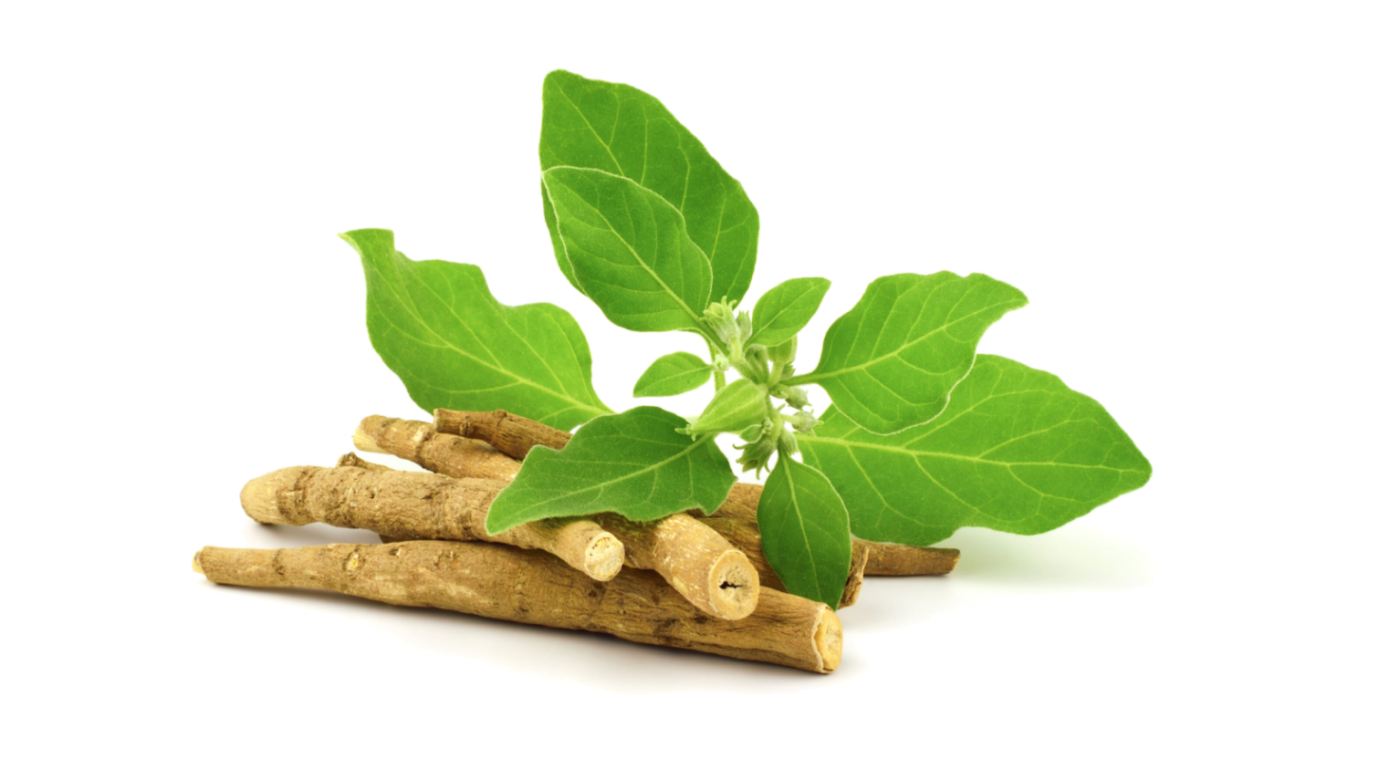Ashwagandha, scientifically known as Withania somnifera, is commonly referred to as “Indian Winter cherry” or “Indian Ginseng.”
This herb has been used for thousands of years in Ayurveda, the traditional system of medicine in India, to promote overall health and well-being.
Ashwagandha is widely recognized for its role as an adaptogen, which is a natural compound that helps your body adapt to stress and maintain a balanced state.
Modern research supports the traditional uses of Ashwaganda, showing it may help improve quality of life, and reduce stress, anxiety, and fatigue.
“From its ancient use to its modern application it has been proven to be non-toxic and effective clinically for human health and wellness.” (1)
Key Points
- Lower stress hormone levels and a 41% decrease in anxiety was observed
- Analysis of five trials showed improvements in sleep quality
- Improved sleep and quality of life were seen in older adults and in individuals struggling with sleep
- Symptoms of insomnia were improved
- Muscle growth and testosterone levels were enhanced in men participating in weight training
- Athletic endurance was improved in athletes
- Cognition was enhanced after short and long term supplementation
- Improved sperm profile and increases in testosterone were seen in men
Reduced Stress Hormone Levels to Alleviate Anxiety
“Extracts made from Ashwagandha root and/or leaf have shown remarkable anti-stress and anti-anxiety activity in numerous animal models and clinical studies.” (2)
In a clinical trial, 60-day supplementation of Ashwagandha in healthy, moderately stressed adults led to a 41% decrease in anxiety levels.
To understand how Ashwagandha reduced anxiety, the researchers analyzed its effect on the levels of cortisol, the stress hormone. The results are depicted in the figure below.

After 60 days, the Ashwagandha Group (solid line) had a significant reduction in cortisol levels (23%), while the Placebo Group (dotted line) did not have any significant changes.
Optimized Physical Performance
A meta-analysis of 12 clinical trials found that Ashwagandha has significant benefits for several aspects of physical performance.
“The findings of this comprehensive systematic review and Bayesian meta-analysis revealed that Ashwagandha supplementation was more efficacious than placebo for improving variables related to strength/power, cardiorespiratory fitness and fatigue/recovery in healthy men and females.” (6)

Increased Testosterone and Promoted Muscle Building
An 8-week study on males (aged 18-50) engaging in resistance training (muscle building) showed that Ashwagandha enhanced muscle strength and size, and reduced muscle damage. It also increased testosterone levels and decreased body fat percentage.
Promoted Athletic Endurance
In a study of 50 healthy male and female athletes, Ashwagandha root extract supplementation led to significantly higher VO2 max levels (a measure of cardiovascular fitness and endurance) compared to the placebo group.
Aging leads to decreased maximal oxygen uptake (V̇O2 max) and muscle mass, with physical inactivity accelerating this decline and impacting overall health and mortality. (7)
Showed Potential for Enhanced Cognition
A study found that Ashwagandha supplementation in healthy, stressed adults significantly improved cognitive flexibility and executive function when measured after 15 and 30 days.
Interestingly, a small study found that cognitive function in healthy adults was improved as soon as 1 to 6 hours after Ashwagandha supplementation.
Boosted Fertility and Testosterone Levels in Men
A 3-month clinical trial showed that Ashwagandha restored the levels of important sex hormones, including testosterone, and improved the semen profile in men experiencing infertility.
“Moreover, the levels of T, LH, FSH and PRL, good indicators of semen quality, were also reversed in infertile subjects after treatment with the herbal preparation.” (8)
In a trial with overweight or obese men, 8 weeks of Ashwagandha supplementation resulted in a 14.7% greater increase than placebo.
Bioavailability
Studies have shown that the bioavailability (the amount of a compound that reaches circulation to exert effects) of standard Ashwagandha is limited due to rapid metabolism. (9)
In mice, the oral bioavailability was 1.8%, meaning that only a small fraction of the Ashwagandha compound was able to enter the bloodstream. (10) Novel delivery systems have been developed to improve the bioavailability of Ashwagandha. (9)


